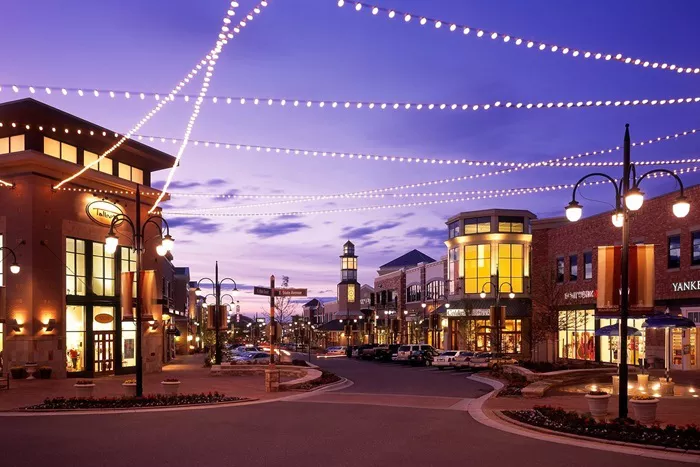AURORA, Colo. — Local nonprofits aiding immigrants in finding housing are responding to allegations that they colluded with Denver and state officials to intentionally relocate immigrants to Aurora.
Leaders from ViVe Wellness and Papagayo told Denver7 that they have faced an increase in hateful messages and threats recently, coinciding with heightened national scrutiny of Aurora amid the ongoing presidential campaign.
On Monday, the Aurora City Council approved a measure to investigate the sources of grants used by these nonprofits to assist immigrants arriving from the southern border.
For the past two years, ViVe Wellness and Papagayo have been instrumental in helping immigrants secure housing throughout the Denver metropolitan area. They were contracted by the City of Denver for this purpose, but the nonprofits assert that immigrants conducted their own housing searches. Many opted for locations in Aurora to be near others they met in shelters in Denver.
“These are Colorado families and children who have chosen to live here,” said Yoli Casas, executive director of ViVe Wellness. “Our mission is to support them, just as we have supported many other Colorado residents in need.”
Casas and Marielena Suarez, chief executive director of Papagayo, denied any conspiracy with Governor Jared Polis or Denver Mayor Mike Johnston regarding the relocation of immigrants. They emphasized that they were never instructed or pressured to direct immigrants to Aurora. “No, not at all,” Suarez stated.
Both leaders expressed concern that an investigation by Aurora city officials would exacerbate the challenges faced by immigrants who have already endured significant hardships. “This request will only create more fear and invade people’s privacy,” Suarez said. “That’s not acceptable; it’s not who we are as Coloradans.”
Casas and Suarez reported a rise in online attacks following an article from a conservative think tank about Aurora last month, which included personal mentions of them on social media. Some commenters accused the nonprofits of money laundering.
“We don’t have time for those distractions,” Casas remarked. “There is so much work to do, and we are surrounded by many wonderful people willing to help.”
Suarez added that their funding model relies on reimbursement after services are rendered: “We do not receive funds upfront; we pay first and then get reimbursed.”
Despite the backlash, both nonprofit leaders remain focused on their mission and hope tensions will ease after the presidential election. “Fear has been weaponized during this season for decades as our nation approaches critical decisions,” Suarez noted.
The situation reflects broader tensions regarding immigration policies and local responses as communities navigate their roles in supporting newcomers while addressing public concerns about safety and resources.
Related topics:
- Singapore Permanent Residents Can Now Travel to Riau Islands Without a Visa
- Government Eliminates Option to Extend Migration Exploitation Protection Work Visa
- Immigrants Will Be the Sole Source of Growth in America’s Labor Force


